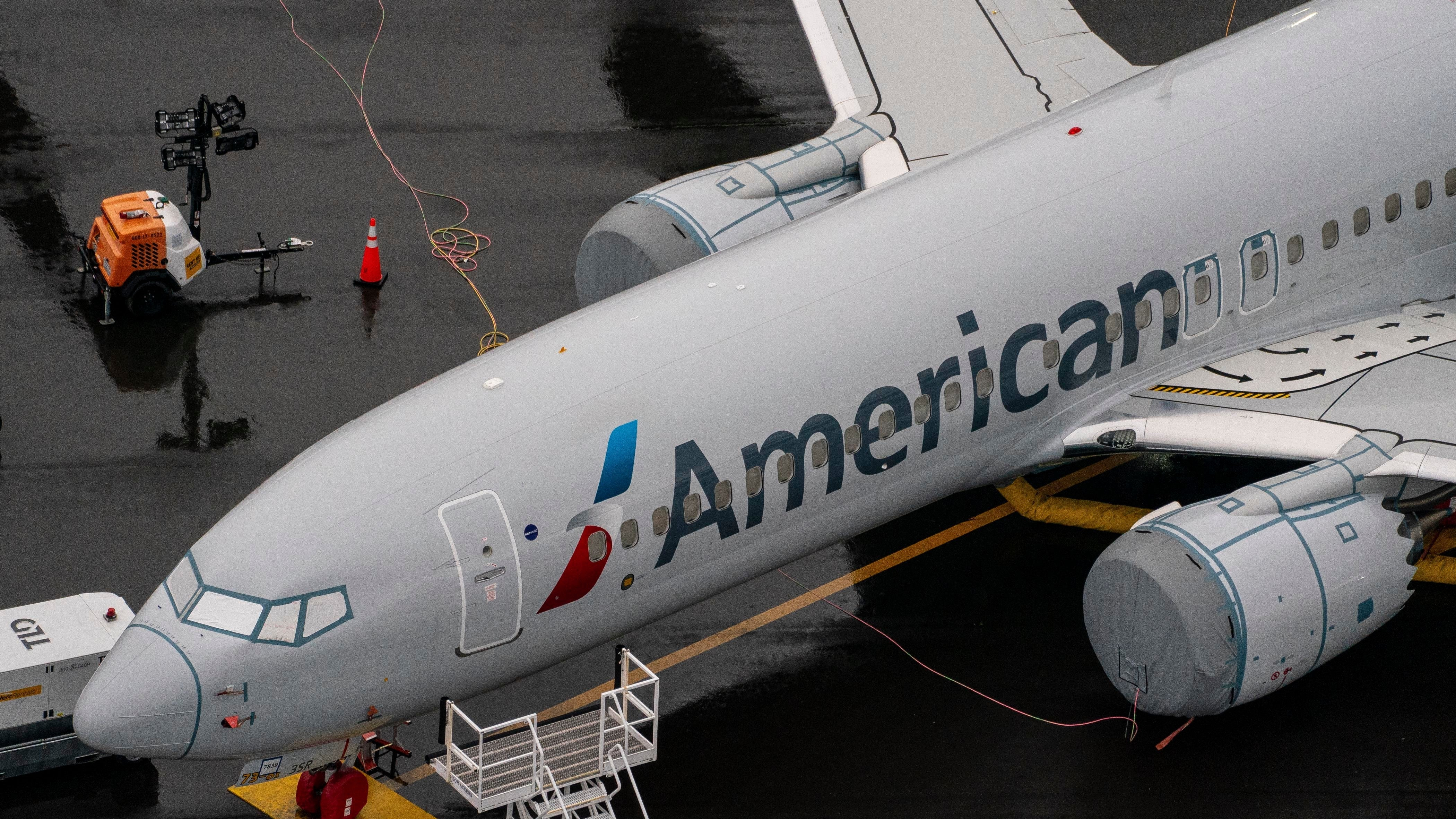Airlines Can't Go Around Mistreating Disabled Travelers Anymore
New DOT rules requires more training--and more accountability-- from airlines
Airlines in the U.S. have a terrible track record of handling the equipment of disabled travelers. After hitting American Airlines with a record $50 million fine for its numerous violations of the Air Carrier Access Act, the Department of Transportation is implemented sweeping protections for disabled travelers.
The Department of Transportation has been on a several years-long crusade to hold airlines more accountable when disabled travelers are mistreated and/or their equipment is broken. In one of his last major accomplishments before he finishes his term as Secretary of Transportation, Pete Buttigieg solidified new regulations that will offer even greater protections for disabled travelers:
Every passenger deserves safe, dignified travel when they fly—and we've taken unprecedented actions to hold airlines accountable when they do not provide fair treatment to passengers with disabilities
You can check out the full document on DOT's website. Here are two key highlights of the new standards. First, there will be more training for airline staff on how to properly handle disabled travelers. Staff and contractors who are responsible for assisting disabled travelers will have to "successfully demonstrate their knowledge such as through competency assessments or certification exams."
These new standards also provide a – "Rebuttable Presumption of a Violation for Mishandlings." Essentially this means that if a disabled traveler puts their equipment in the care of the airline and that equipment is not returned to them in the same condition, the airline is presumed to act negligently in the handling of those items. In addition, if the airline damages or misplaces a disabled traveler's equipment, they must reimburse the traveler for transportation costs in addition to the repair or replacement cost of the item.
According to DOT data, one out of every hundred pieces of mobility equipment like scooters, wheelchairs, or other items is damaged, misplaced, or lost. While that may seem like a small percentage, with thousands of disabled travelers using the airlines every year, that is far too many people who may be severely impacted in their daily lives by airline negligence.
